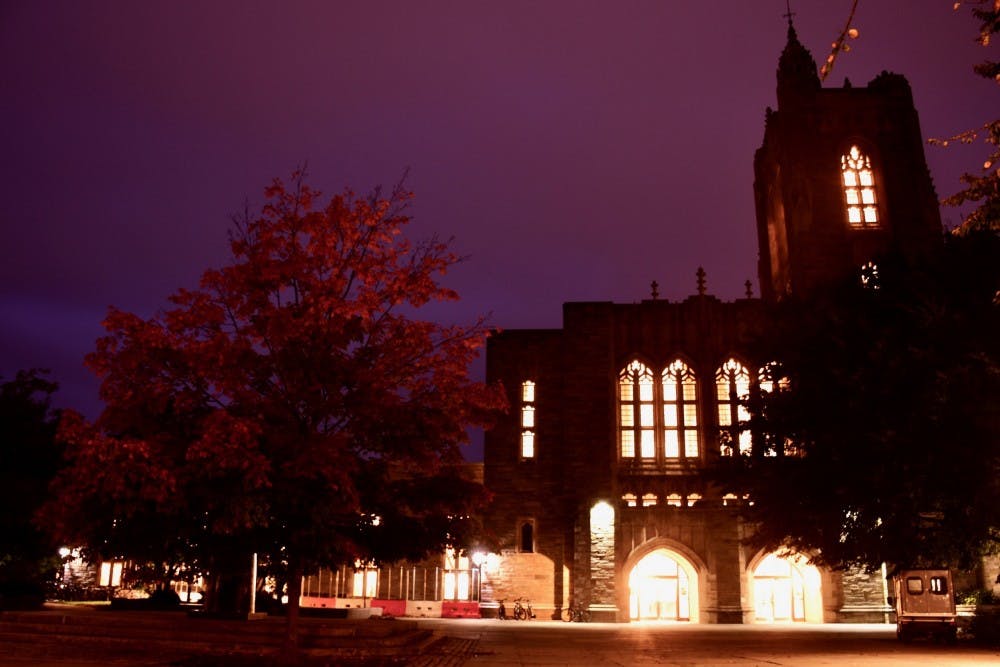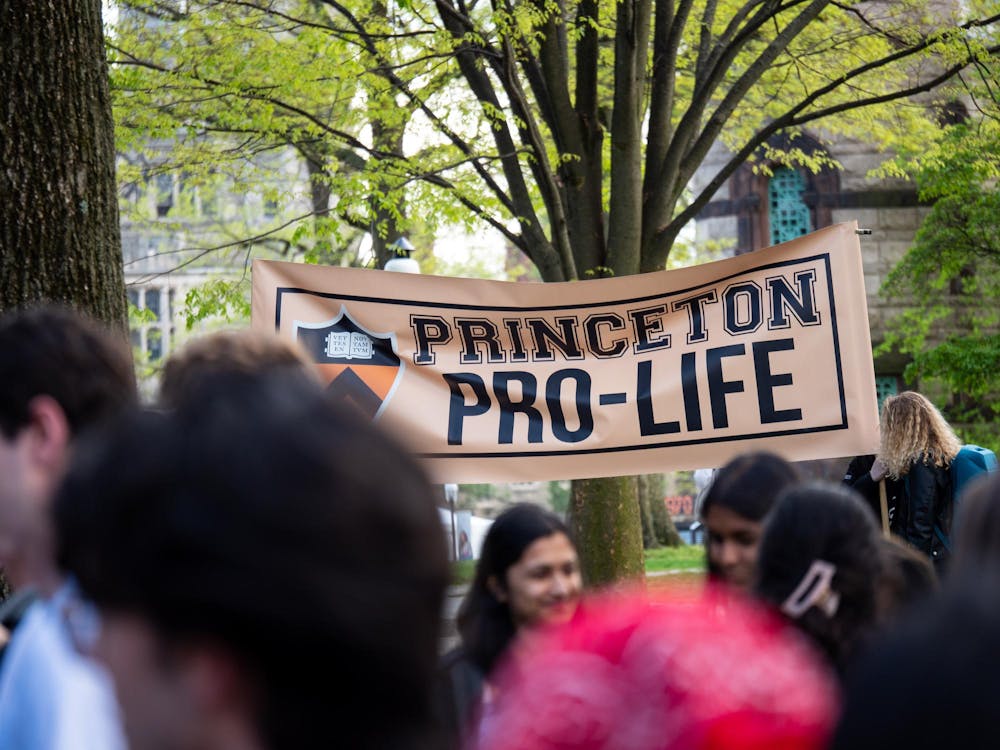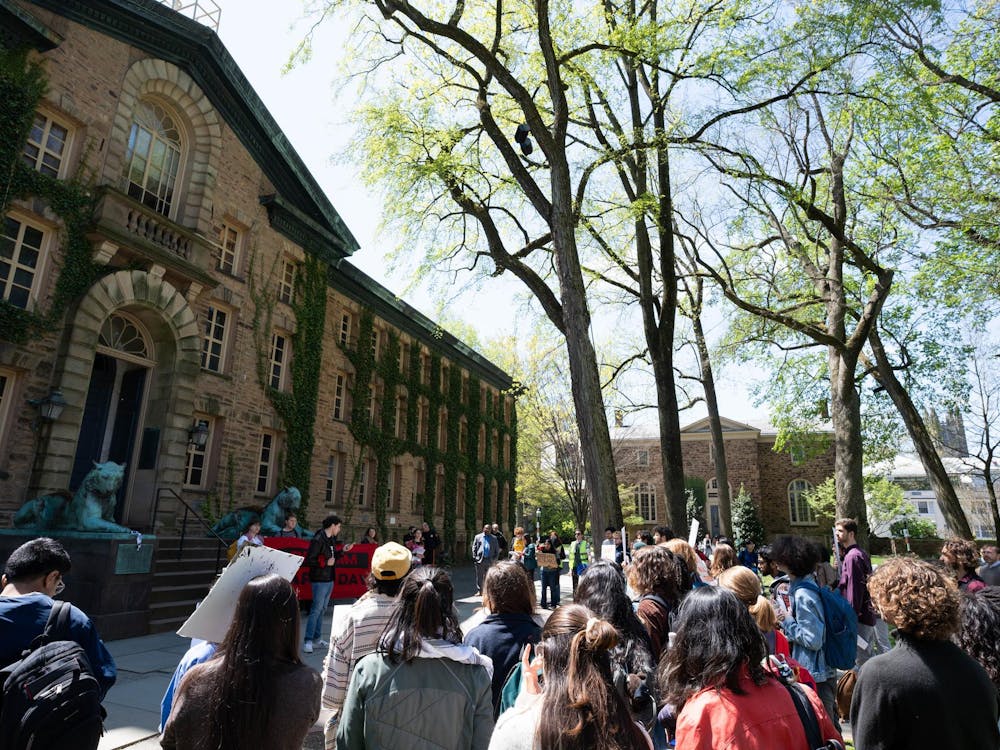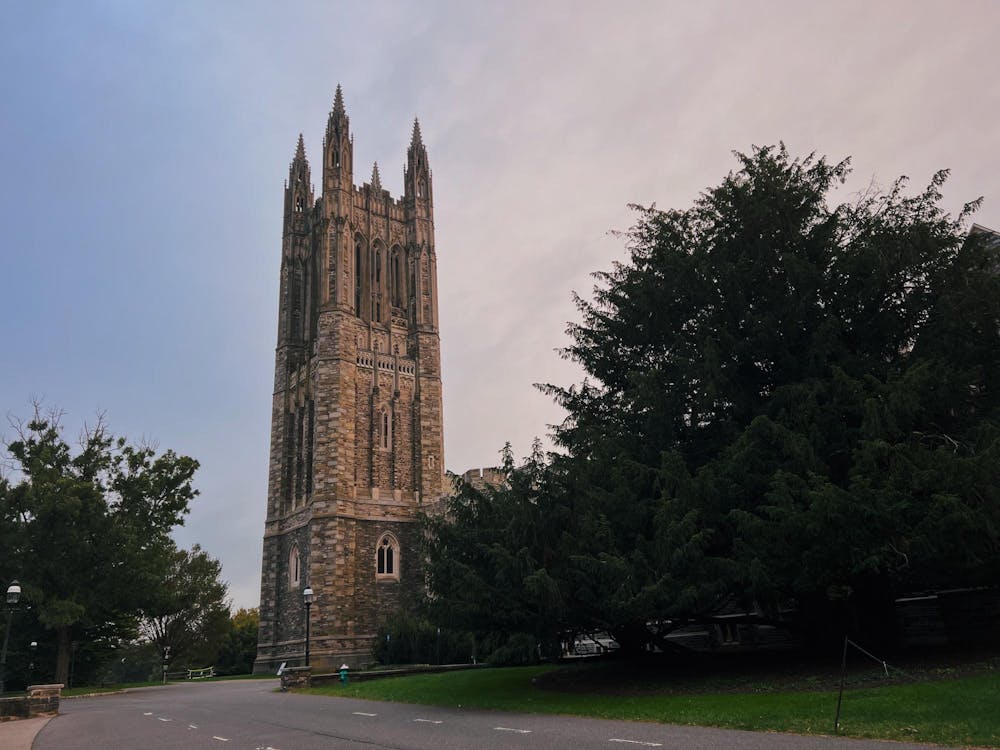As I was standing in line to get brunch at Wilcox Hall the other day, I saw my friend from Mathey College come through the door. I asked him why he had come all the way to Wilcox just for Sunday brunch. Wearing the exact same clothes he had worn yesterday, he told me that he had fallen asleep at the Julian Street Library while doing his assignments.
Although I laughed it off, such examples of extreme all-nighters are not uncommon at the University. All the major libraries may dim their lights at an earlier time. The residential college libraries, however, are often open 24/7. Walking past Wilcox, it’s easy to see students still working at four or five in the morning, even on a Saturday “night.”
And so, I declare: We should close all libraries by 2 a.m.
This may seem like a radical proposal, but it is a necessary one. There may be some exceptions, such as during midterms or finals season, when there should be granted extensions of the closing time — but generally, all libraries should shut down by 2 a.m.
This idea comes from a sense of concern for the amount of sleep that students are getting at Princeton. Although some start their days off with an 11 a.m. or even a 12:30 p.m. class, the vast majority of us have at least a couple days in a week in which we have early-morning classes. That means even sleeping at 2 a.m. barely guarantees seven or eight hours of sleep; going to bed at an even later time, then, is bound to cause health issues in the long-run. The common saying that “once you get sick at Princeton, you never get better” is grounded in some level of truth — and that truth is rooted in the fact that people just don’t get enough rest to heal from even a minor sickness.
Having the option of going to the library after 2 a.m. only encourages this self-destructive behavior. The number of students who pull all-nights is sizable. If we limit the options for these students to engage in late-night studying to begin with, they will inevitably have to go to sleep at an earlier time and not risk being deprived of sleep.
Those who disagree may argue that students will stay up late in their dorms anyway. This is a fair point, and indeed, some students will do so. However, it is also true that many students would be less likely to study if their only option was studying in their dorm room, as people tend to view it as more of a place to sleep. More importantly, however, the bigger reason for this proposal comes from the perceptual effect of this policy, not just the policy itself.
In other words, an earlier closing time would simultaneously encourage more efficient time management and less procrastination. I will not deny that Princeton’s workload is heavy, and that is a separate issue all together. Regardless, the perception that “the day ends at 2 a.m.,” or even if it’s not to that extent, that “all the libraries close at 2 a.m.,” will motivate students to set specific time limits and to focus and study harder during the day. It may even further incentivize students to develop efficient work habits, such as waking up earlier in the morning to study with a fresh brain, rather than spending all night doing problem sets with the help of a Red Bull to fight drowsiness.
It is essential to highlight that the nature of this policy isn’t a coercive one — I am not dictating that we should force students to turn all their lights off at 2 a.m. or that the University should enforce a strict curfew. Rather, the policy is simply an incentive for students to better manage their time during the day and to prioritize sleep and self-care at night. The status quo simply neglects various health issues that students face under the guise of student agency; this policy would sacrifice very little of that to ensure something that is much more important yet incredibly undervalued.
Moreover, this proposal is a recognition that academic engagement during the day is just as important, if not more important, than doing problem sets and readings late at night. A temporary lack of sleep means there is poor cognitive performance and memory consolidation during the day; even worse, chronic lack of sleep, which dominates the culture at the University, means the condition permanently impacts learning and memory. Considering classes take place during the day, this negative cycle decreases the amount of course content a student can absorb throughout the day.
While grades are important, they should never come at the expense of sacrificing our health. If we can’t do it ourselves, then University policies must incentivize students to sleep earlier — and a minor change like changing the library closing times would be a tremendous start.
Jae-Kyung Sim is a freshman from Sejong City, South Korea. He can be reached at j.sim@princeton.edu.










